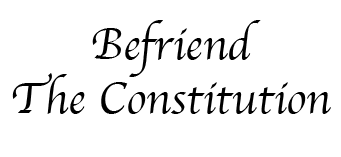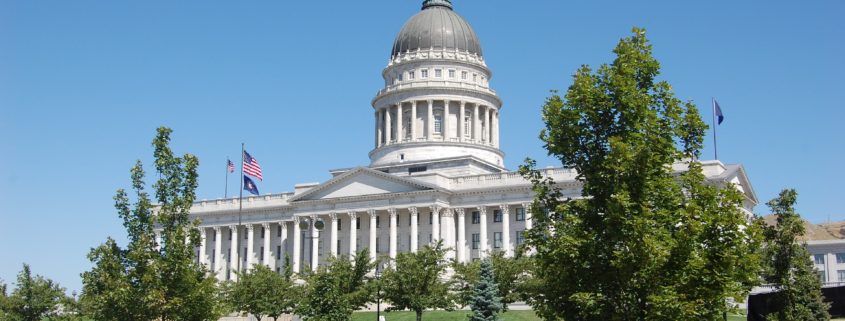Why is power divided between the national, state, and local governments?
The drafters of the Constitution feared the national government they were creating would become too powerful. They knew that when it became too powerful it would become oppressive. They feared they might end up with a government as bad as what they had under the King of England.
The Founders knew the best way to control power is divide it up between different groups and individuals. So they created a system where the power is divided between the national government and state and local governments. This prevents the national government from becoming too powerful.
The Constitution gives the national government limited and well defined powers. Those powers include providing a national defense, dealing with foreign nations, regulating trade, coining money, regulating immigration, creating a post office, and other things that affect all the states. All other powers are left to the states or to the people.
The states, in turn, have certain powers and leave other powers to the local governments of counties, cities, and towns within the state. The division of power between the state and local governments differs from state to state but all follow a similar model.
This division of power between various levels of government is called federalism. Its purpose is to prevent the concentration of power. It gives to each level of government only those powers that cannot be handled at a lower level. It’s based on the idea that government power should be kept at the lowest level of government possible.
Thomas Jefferson said “Let the national government be entrusted with the defense of the nation, and its foreign and federal relations; the State governments with the civil rights, laws, police, and administration of what concerns the State generally; the counties with the local concerns of the counties, and each ward direct the interests within itself. It is by dividing and subdividing these republics from the great national one down through all its subordinations, until it ends in the administration of every man’s farm by himself; by placing under every one what his own eye may superintend, that all will be done for the best.”
Published March 5, 2017



